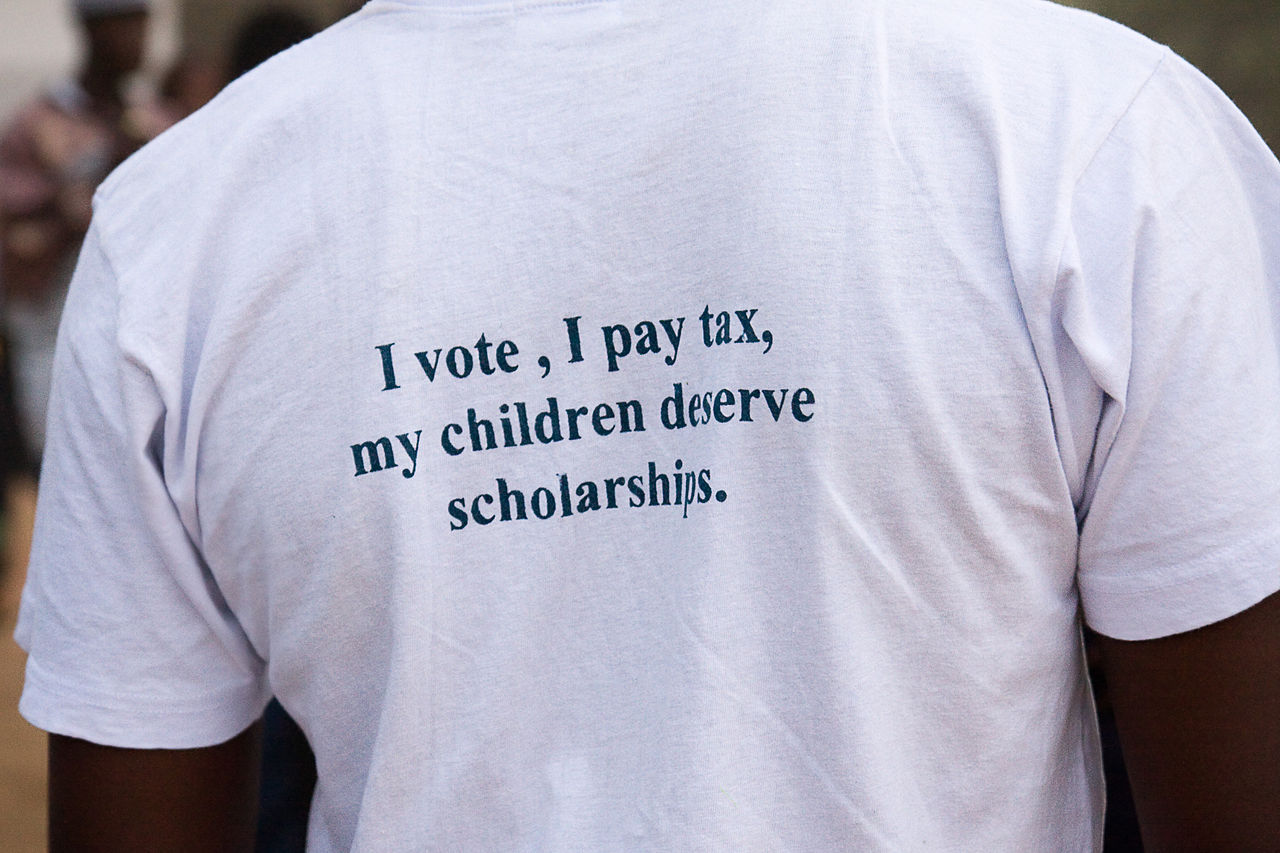Home
Focus Areas
About Us
Scholarship Information
Scholarships are gifts. They don't need to be repaid. There are thousands of them, offered by schools, employers, individuals, private companies, nonprofits, communities, religious groups, and professional and social organizations.
What kinds of scholarships are available?
How do I find scholarships?
When do I apply for scholarships?
How do I apply for scholarships?
How do I get my scholarship money?
How does a scholarship affect my other student aid?
What kinds of scholarships are available?

Many scholarships are geared toward particular groups of people; for instance, there are scholarships for women or high school seniors. And some are available because of where you or your parent work, or because you come from a certain background (for instance, there are scholarships for military families).
A scholarship might cover the entire cost of your tuition, or it might be a one-time award of a few hundred dollars. Either way, it's worth applying for, because it'll help reduce the cost of your education.
Top
How do I find scholarships?
You can learn about scholarships in several ways, including contacting the financial aid office at the school you plan to attend and checking information in a public library or online. But be careful. Make sure scholarship information and offers you receive are legitimate; and remember that you don't have to pay to find scholarships or other financial aid. Check out our information on how to avoid scams.
Try these free sources of information about scholarships:
- the financial aid office at a college or career school
- a high school or TRIO counselor
- the U.S. Department of Labor's FREE scholarship search tool
- federal agencies
- your state grant agency
- your library's reference section
- foundations, religious or community organizations, local businesses, or civic groups
- organizations (including professional associations) related to your field of interest
- ethnicity-based organizations
- your employer or your parents' employers
When do I apply for scholarships?
That depends on each scholarship's deadline. Some deadlines are as early as a year before college starts, so if you're in high school now, you should be researching and applying for scholarships during the summer between your junior and senior years. But if you've missed that window, don't give up! Look at scholarship information to see which ones you can still apply for now.
Top
How do I apply for scholarships?
Each scholarship has its own requirements. The scholarship's website should give you an idea of who qualifies for the scholarship and how to apply. Make sure you read the application carefully, fill it out completely, and meet the application deadline.
Top
How do I get my scholarship money?

Top
How does a scholarship affect my other student aid?
A scholarship will affect your other student aid because all your student aid added together can't be more than your cost of attendance at your college or career school. So, you'll need to let your school know if you've been awarded a scholarship so that the financial aid office can subtract that amount from your cost of attendance (and from certain other aid, such as loans, that you might have been offered). Then, any amount left can be covered by other financial aid for which you're eligible. Questions? Ask your financial aid office.
Top
Source: studentaid.ed.gov
Scholarships Available for Foundations and Philanthropies from around the Web.
Foundation: Community Foundation Partnership
The Little League Fund for Youth Sports supports programs and projects that promote and support youth activity and healthy living through sports in Lycoming County.Grantees: A&B Children's Theatre,...more
West Virginia's broad education savings account program, the Hope Scholarship, permitted families to spend $22 million last school year.Lawmakers gave an additional $27 million to the program in May...more
Foundation: Parkersburg Area Community Foundation
applications are open for scholarships through the Parkersburg Area Community Foundation.The foundation hosts funds for over 200 academic scholarships made possible by contributions from various...more
West Bend COLUMNS Scholarship Foundation was selected by the West Bend Community Foundation (WBCF) as the recipient of this year's Founders Day Award.WBCF, in partnership with Moraine Park Technical...more
TOBA selected Rebecca Washington and Antonio Matthews as its breakfast co-chairs.The breakfast will be held on Monday, January 20, 2025, at 6:45 A.M.at the Marriott Tampa Water Street, 510 Water St.,...more
2024 marks another year of incredible milestones for SFU and we could not have achieved any of this without our steadfast donors, alumni and friends.More than 2,800 scholarships, awards and bursaries...more
2024 marks another year of incredible milestones for SFU and we could not have achieved any of this without our steadfast donors, alumni and friends.More than 2,800 scholarships, awards and bursaries...more
Support SKI Plano's Barbie and Ken Winter Adventure-themed fundraising event raising funds for Plano ISD on Feb.25.For nearly 30 years, the SKi Plano fundraiser has helped raise unrestricted funds...more
Community Foundation looks to raise $5M for scholarships.Emma Fariello always had a passion for learning, but the daunting prospect of financing her college education often overshadowed her academic...more
A notable handful of gifts will create funds which bolster key initiatives for Pomona.These include new scholarships for low- and middle-income students, faculty innovation, interdisciplinary global...more
Moved Permanently
The document has moved here.
Social Enterprise Network Sites
Social Entrepreneurship
Spotlight
A Toast to Social Entrepreneurship

Chris Raine, an MBA student and Skoll Scholar at Saïd Business School, Oxford University who fundamentally believes in social entrepreneurship, founded an online community program called Hello Sunday Morning.








